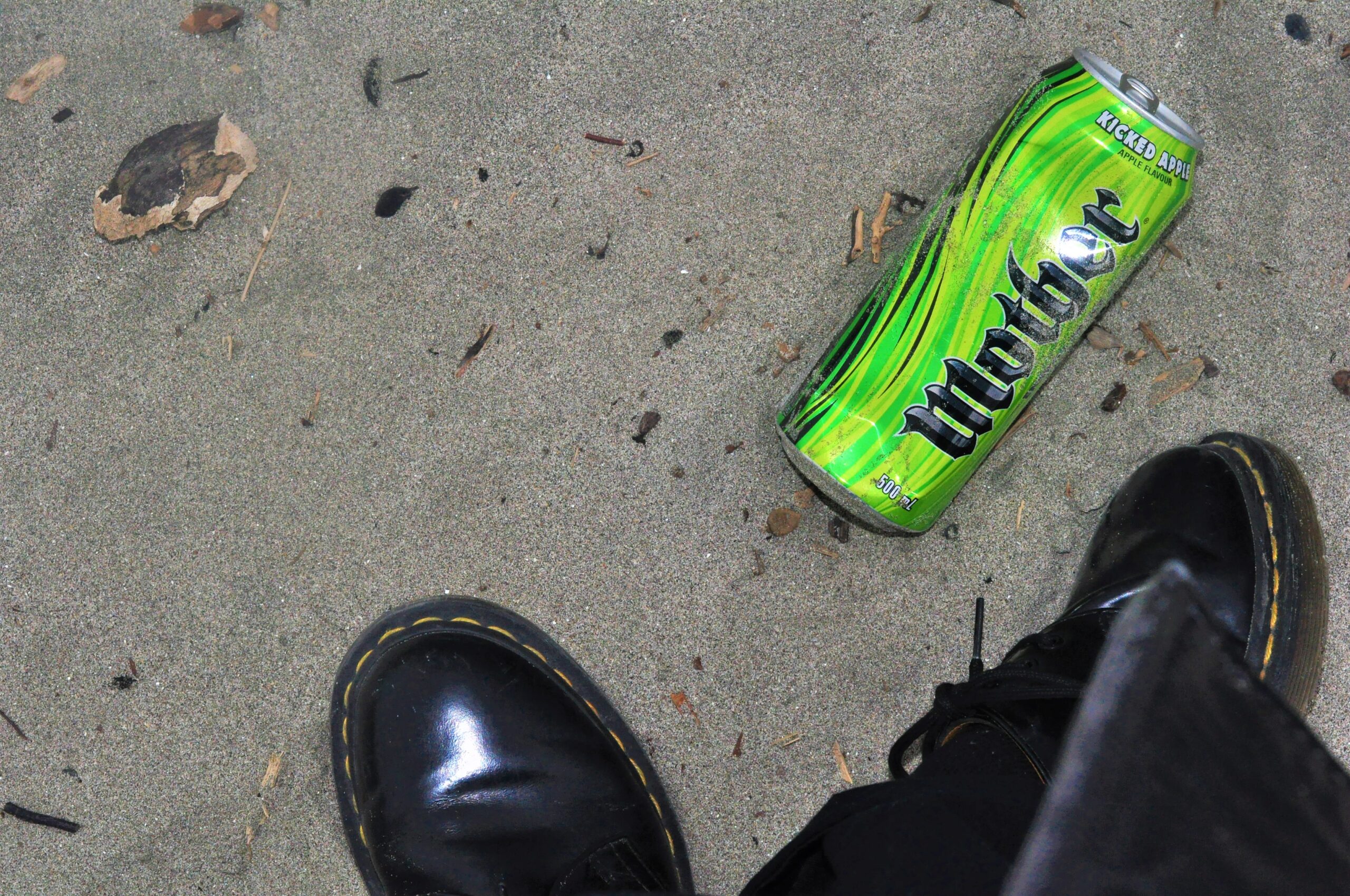The history of the Trans community shows a well-worn path of parentage or whāngai adjacent practices. The embodiment of how to live your life as a result of the knowledge you have been given and the importance of passing it on. But how do we live in line with our whanonga pono, in accordance with our whānau— chosen or biological—in the fray of the ongoing project of colonisation?
Being Trans-Queer is, in essence, a living legacy project. Coupled with being Māori, this notion only amplifies. However, “every history has more than one thread, each thread a story of division”1, the duplicity made of our being both Queer and Māori can make the future feel uncertain.
What kind of ancestor do you want to be? This is a question I ask myself daily, or rather it haunts me in the peculiar way only something with moral or spiritual consequence can.
The question is heavy because it implies that you are, by virtue of your birth, implicated as kaitiaki or the benefactor of knowledge. A blessing or a curse, dependent on what you have inherited and how you feel about taking responsibility for it. Regardless, what you decide to do with it is, for the most part, entirely up to you.
For Queer people, the value of whānau who will help you find your way cannot be understated. Put another way, due to generational bias or their own lack of information, your biological whānau may not be your best bet. The legacy project of being both: Trans-Queer and Māori is, then, in the very act of being and a willingness to compare notes on our experiences without shame.
- Vuong, O. (2019). On Earth we’re briefly gorgeous: a novel. NYC, Random House Large Print. ↩︎
Featured image by Jo Bragg from objects for living and staying alive (2017-ongoing).



